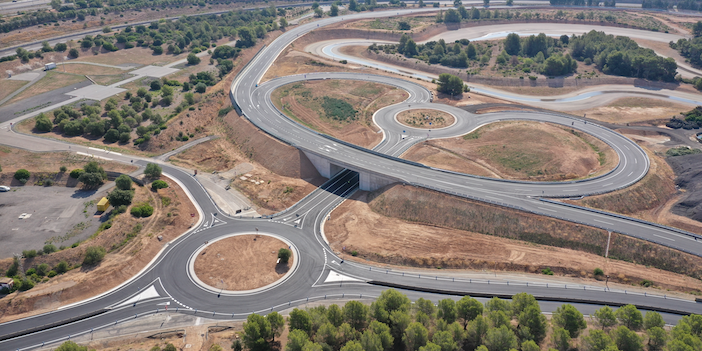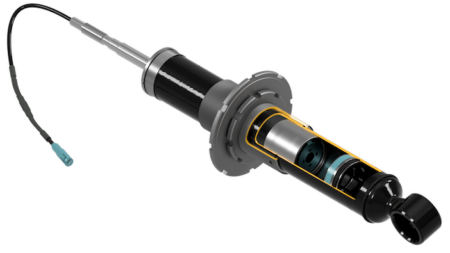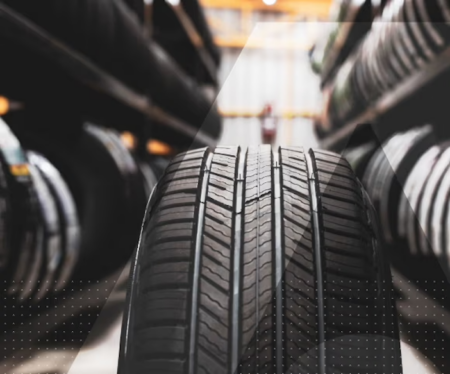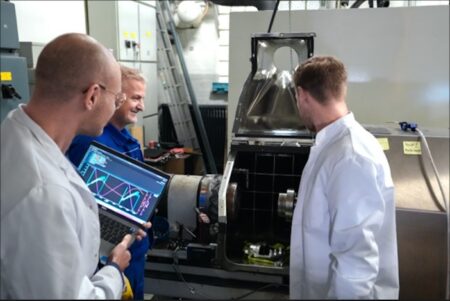With the opening of a new set of test tracks to perform CAV and ADAS testing and validation programmes, IDIADA says it has become Europe’s most comprehensive site for connected and automated vehicle (CAV) development.
These new facilities, which complement the existing tracks and zones at the Italian proving ground, consist of a set of realistic scenarios reproducing urban, interurban and highway environments, and the ability to transition seamlessly between driving scenarios when performing complex CAV and ADAS testing and validation programmes.
The tracks are complemented by a private 2G, 3G, 4G and 5G cellular network, which make IDIADA a controlled environment capable of reproducing worldwide network configuration and conditions to develop and validate CAV systems. IDIADA’s engineering teams will also benefit from this holistic infrastructure, helping them to offer services to support clients throughout all stages of vehicle development, from concept to final validation.
Xavier Cabús, head of proving grounds at IDIADA said, “With the construction of these test tracks, designed by IDIADA’s track design and maintenance team, IDIADA becomes a reference facility for the development of autonomous vehicles. In the same facility, it will be possible to continue developing conventional vehicles and, at the same time, vehicles that incorporate new technologies where the figure of the driver is becoming less relevant. The coexistence on the same test track of vehicles with different levels of automation and connectivity will also be a test to evaluate how this reality can be exported to public roads.”

Andres Aparicio, IDIADA’s senior manager for ADAS & CAV, added that, “the new tracks are designed to meet the requirements for testing and validating autonomous vehicles. Until now, test tracks have been designed with very specific characteristics: asphalt qualities, adhesion, planimetry and run-offs that allow the performance of vehicles to be evaluated at the limit in complete safety.
“Now, the challenge is different. It is no longer a question of testing vehicles at the limit, but of ensuring that autonomous vehicles are safe in real traffic situations. For this reason, the new tracks reproduce urban and interurban environments, including lanes with many combinations of lines, motorway entrances and exits, bridges, roundabouts, car parks, a wide variety of signage, etc,” added Aparicio.
The definition of all these elements is the result of discussions with more than 50 vehicle manufacturers, system suppliers and research centres around the world. All the activity in these new facilities is aimed at developing and validating autonomous vehicles in a safe environment before taking them out on the open road.





